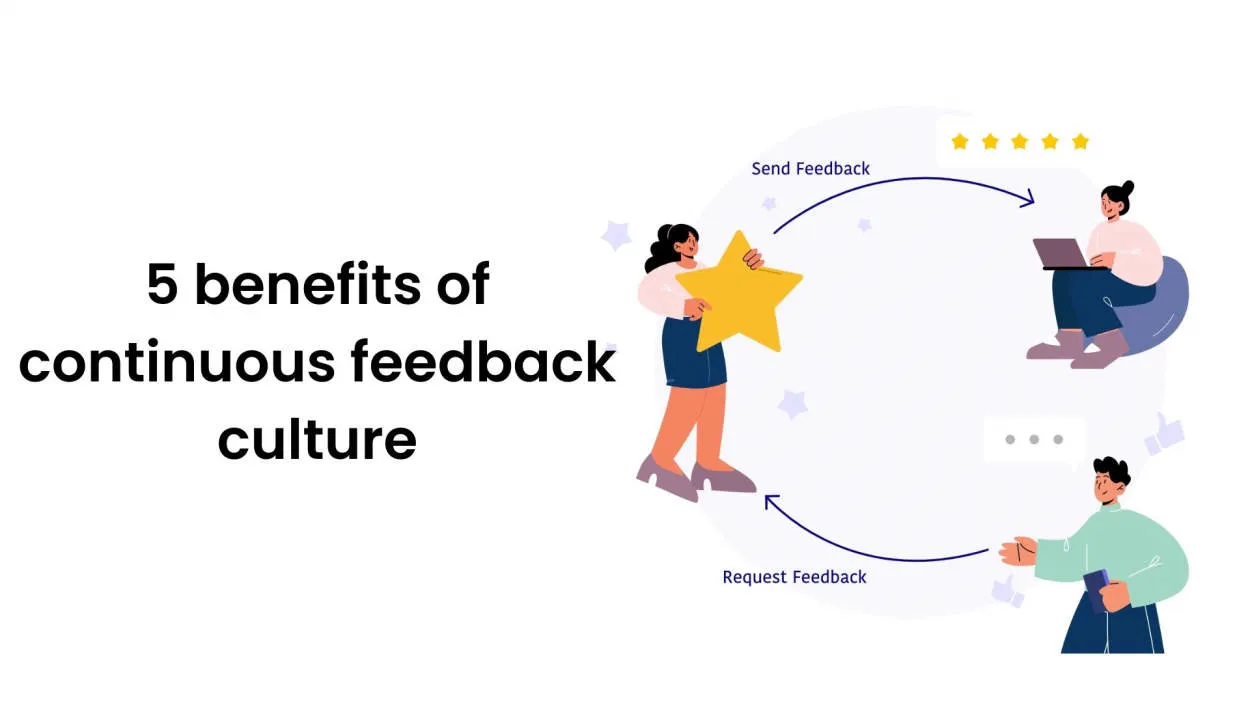The role of continuous feedback in employee development is crucial for fostering growth and improving performance. By providing regular and specific feedback, employers can effectively identify strengths, address weaknesses, and encourage professional advancement.
The Importance of Timely and Constructive Feedback
Effective feedback is a fundamental aspect of employee development. It plays a crucial role in enhancing productivity, employee engagement, and overall performance. Timely and constructive feedback allows employees to gain insights into their strengths and areas for improvement, ultimately helping them grow both personally and professionally.
Firstly, timely feedback ensures that employees receive information promptly, allowing them to make necessary adjustments and improvements in their work. When feedback is given in a timely manner, it remains relevant and can prevent recurring mistakes or issues from arising. This, in turn, saves time and resources for both employees and the organization.
Furthermore, constructive feedback provides employees with specific suggestions on how to enhance their performance. It focuses on identifying areas for improvement and providing guidance on how to address them effectively. Constructive feedback fosters a culture of continuous learning, where employees can actively seek ways to develop their skills and achieve their goals.
In addition, timely and constructive feedback promotes employee engagement and motivation. When employees receive regular feedback, they feel valued and supported, leading to increased job satisfaction and morale. This, in turn, can boost productivity and create a positive work environment.
Overall, the importance of timely and constructive feedback cannot be underestimated. It is an essential tool for employee development, driving performance improvement and fostering a culture of continuous learning. By providing feedback that is both timely and constructive, organizations can support their employees’ growth and create a positive and productive work environment.
Creating a Feedback Culture for Employee Growth
In today’s fast-paced business environment, employee development is crucial for companies to stay competitive. One of the key factors in employee development is continuous feedback. By establishing a feedback culture within the organization, companies can foster an environment where employees can grow, improve, and achieve their full potential.
Continuous feedback involves regular and ongoing communication between managers and employees. It goes beyond the annual performance review and provides real-time insights and guidance. Here are some key elements to create a feedback culture:
1. Encouraging Open and Honest Communication
Open and honest communication is the foundation of a feedback culture. Managers should create a safe space where employees feel comfortable sharing their thoughts, ideas, and concerns. This open dialogue not only promotes trust but also enables employees to receive constructive feedback that helps them improve.
2. Making Feedback a Two-Way Street
Feedback shouldn’t be a one-way process; it should be a two-way street. Employees should be encouraged to provide feedback to their managers, helping to build a culture of mutual respect. This enables managers to better understand the needs and aspirations of their employees and adapt their approach accordingly.
3. Providing Timely and Specific Feedback
Feedback is most effective when it is specific, timely, and actionable. Managers should regularly provide feedback to employees on their performance, highlighting their strengths and areas for improvement. This ongoing feedback allows employees to make necessary adjustments and continuously develop their skills.
4. Incorporating Feedback into Personal Development Plans
An effective feedback culture integrates feedback into personal development plans. Managers and employees should work together to set meaningful goals and regularly evaluate progress. By aligning feedback with development plans, employees are more likely to see the value in feedback and take ownership of their growth.
A feedback culture promotes continuous learning, professional development, and employee engagement. When employees feel valued, supported, and empowered, they are more likely to excel in their roles and contribute to the overall success of the company.
In conclusion, creating a feedback culture is essential for employee growth and development. By embracing continuous feedback, organizations can create a positive work environment that fosters learning, innovation, and success.
Using Feedback as a Motivational Tool for Performance Improvement
Feedback plays a crucial role in employee development, as it serves as a powerful motivational tool for performance improvement. By providing regular and constructive feedback, employers can empower their employees to achieve higher levels of productivity and growth.
Continuous feedback allows employees to identify their strengths and areas for improvement. It helps them understand how their actions and behaviors impact their performance and the overall success of the organization. By highlighting achievements and offering suggestions for improvement, feedback fosters a sense of accountability and drives individuals to strive for excellence.
When feedback is delivered effectively, it creates a positive and motivating work environment. Employees feel valued and supported, knowing that their contributions are acknowledged and their development is prioritized. This fosters engagement and boosts morale, leading to increased productivity and job satisfaction.
Feedback also enables employees to set meaningful goals and track their progress. By providing specific and actionable feedback, employers can guide individuals towards improvement and help them reach their full potential. Regular feedback sessions provide an opportunity for open communication, allowing employees to express their thoughts and concerns, thus fostering a culture of trust and collaboration.
Additionally, feedback should not be restricted to annual performance reviews. Employers should establish a feedback culture that encourages real-time feedback, both positive and constructive. This allows for timely interventions and empowers employees to make immediate adjustments, leading to continuous growth and development.
In summary, feedback serves as a motivational tool for performance improvement. By providing regular, constructive, and timely feedback, employers can empower their employees to grow, excel, and contribute to the overall success of the organization.
Conclusion
Continuous feedback plays a crucial role in employee development. It provides valuable insights and helps in identifying strengths and areas for improvement. This feedback fosters growth, boosts productivity, and enhances employee engagement and satisfaction. By encouraging an environment of continuous feedback, organizations can nurture a culture of learning and development, leading to the overall success of both employees and the business.




